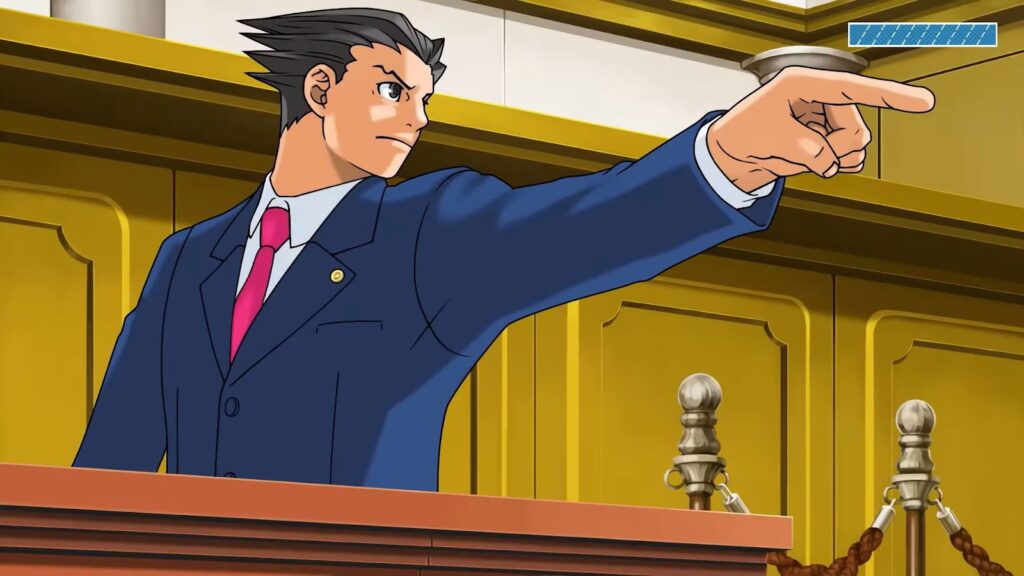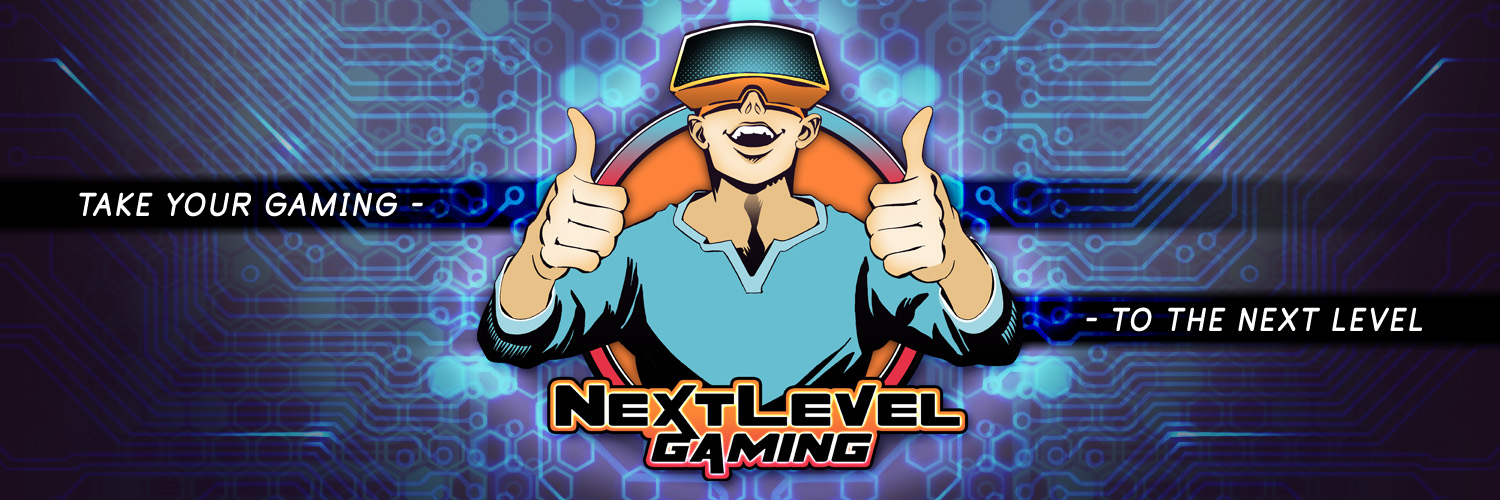
Fan games, born from the passion and creativity of dedicated fans, have long been a staple of the gaming community. These projects pay homage to beloved intellectual properties (IPs), offering new interpretations, experiences, and narratives inspired by existing works. However, the legality of fan games remains a complex and often contentious issue, with various factors influencing their legitimacy and potential repercussions.
Understanding the legal landscape surrounding fan games is crucial for developers and enthusiasts alike. While the allure of bringing beloved characters and worlds to life in a new interactive format is undeniable, it’s essential to navigate the legal implications responsibly and ethically. Let’s delve deeper into the legality of fan games and explore the nuances of creating and distributing these projects within the bounds of copyright law.
- Can I create a fan game if I give credit to the owners?
Unfortunately, simply giving credit to the owners of the original IP does not absolve you of legal liability. Creating a fan game based on someone else’s IP without permission is a violation of copyright law, regardless of whether or not you acknowledge the original creators. Even if your intentions are purely non-commercial and you’re not profiting from the project, you are still infringing on the rights of the IP holders.
- Can I create a fan game if I don’t make money off of the work?
Similarly, the absence of monetary gain does not exempt fan games from copyright infringement. Whether you’re distributing the game for free or charging a fee, creating a game based on someone else’s IP without authorization constitutes a breach of copyright law. The potential for financial gain is not the determining factor; rather, it’s the unauthorized use of copyrighted material that raises legal concerns.
- Can I create a game with the same story and such as other media but change all the names, terms, graphics, and such?
Creating a game that draws inspiration from existing media, while altering names, terms, graphics, and other elements to avoid direct association with the original IP, may offer a more legally viable approach. By reimagining and repurposing elements of the source material in a transformative manner, developers can create derivative works that stand on their own merits while acknowledging their inspiration.
However, it’s essential to exercise caution and ensure that the resulting game sufficiently diverges from the original IP to avoid potential copyright infringement claims. Merely changing superficial aspects of the game, such as character names or visual designs, may not be sufficient to avoid legal scrutiny if the underlying content remains substantially similar to the original work.
In navigating the legal complexities of fan game development, aspiring developers should prioritize transparency, respect for intellectual property rights, and adherence to copyright law. While the temptation to pay homage to beloved IPs through fan games is understandable, it’s essential to do so in a manner that respects the legal rights of the original creators and protects against potential legal repercussions.
Furthermore, developers should consider alternative approaches to fan game development that leverage original content and creative storytelling without relying on existing IPs. By harnessing their creativity and ingenuity to craft original experiences, developers can avoid the legal pitfalls associated with fan games while showcasing their talents and contributing to the rich tapestry of independent game development.
Ultimately, while fan games may offer a compelling outlet for creative expression and fan appreciation, developers must tread carefully to ensure compliance with copyright law and respect for intellectual property rights. By embracing originality, creativity, and ethical game development practices, developers can create engaging and memorable experiences that resonate with players while safeguarding against legal risks.
Key Takeaways:
A fan game is a game that is based off of someone else’s IP. Here is the fan game legality:
- Can I create a fan game if I give credit to the owners? No, that is illegal. You are profiting off of someone else’s work, and they are losing money because of you.
- Can I create a fan game if I don’t make money off of the work? Still illegal. They are losing money because of you.
- Can I create a game with the same story and such as other media but change all the names, terms, graphics, and such? Legal. This, then, is your game with the IP’s inspiration.

